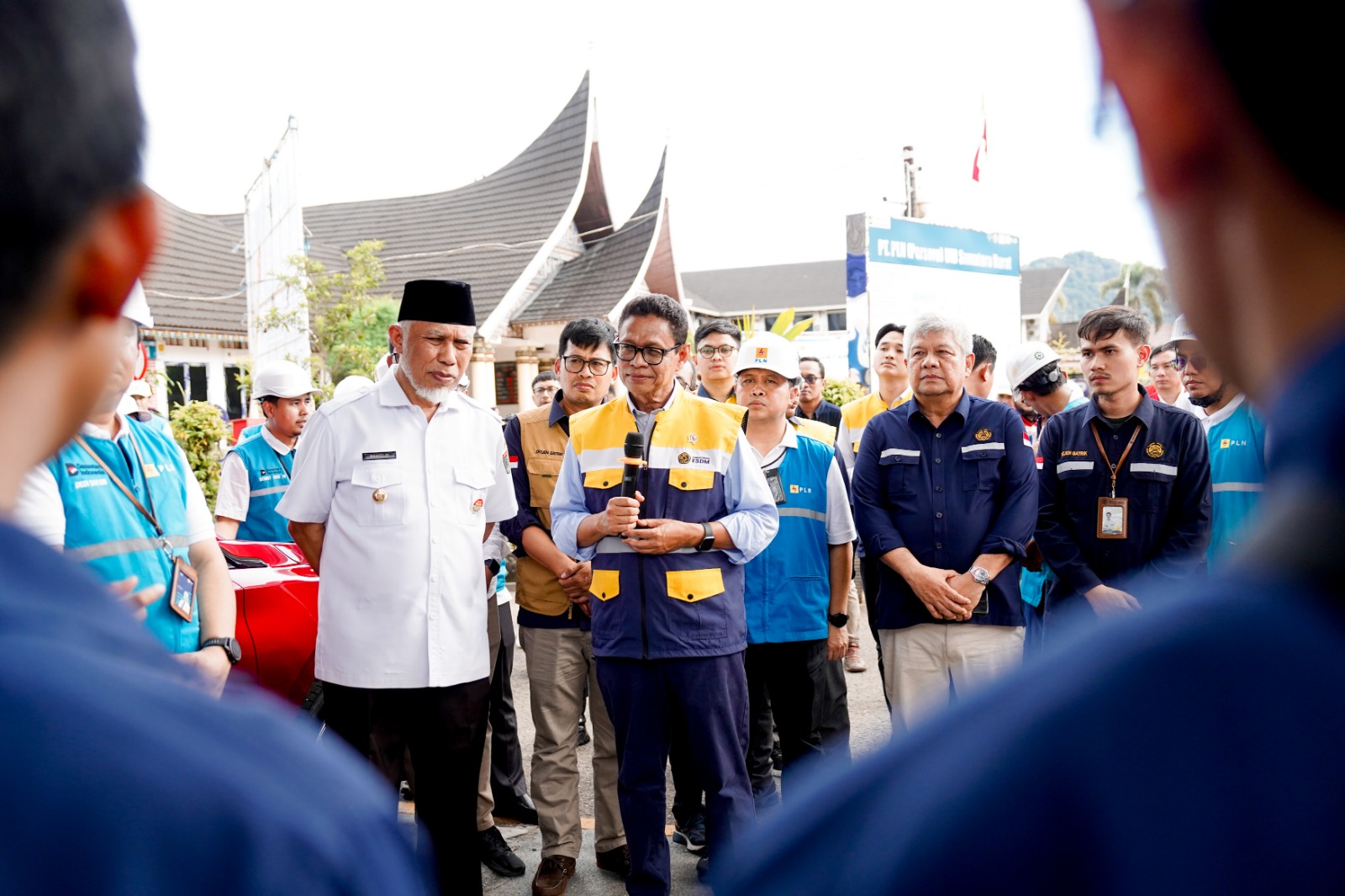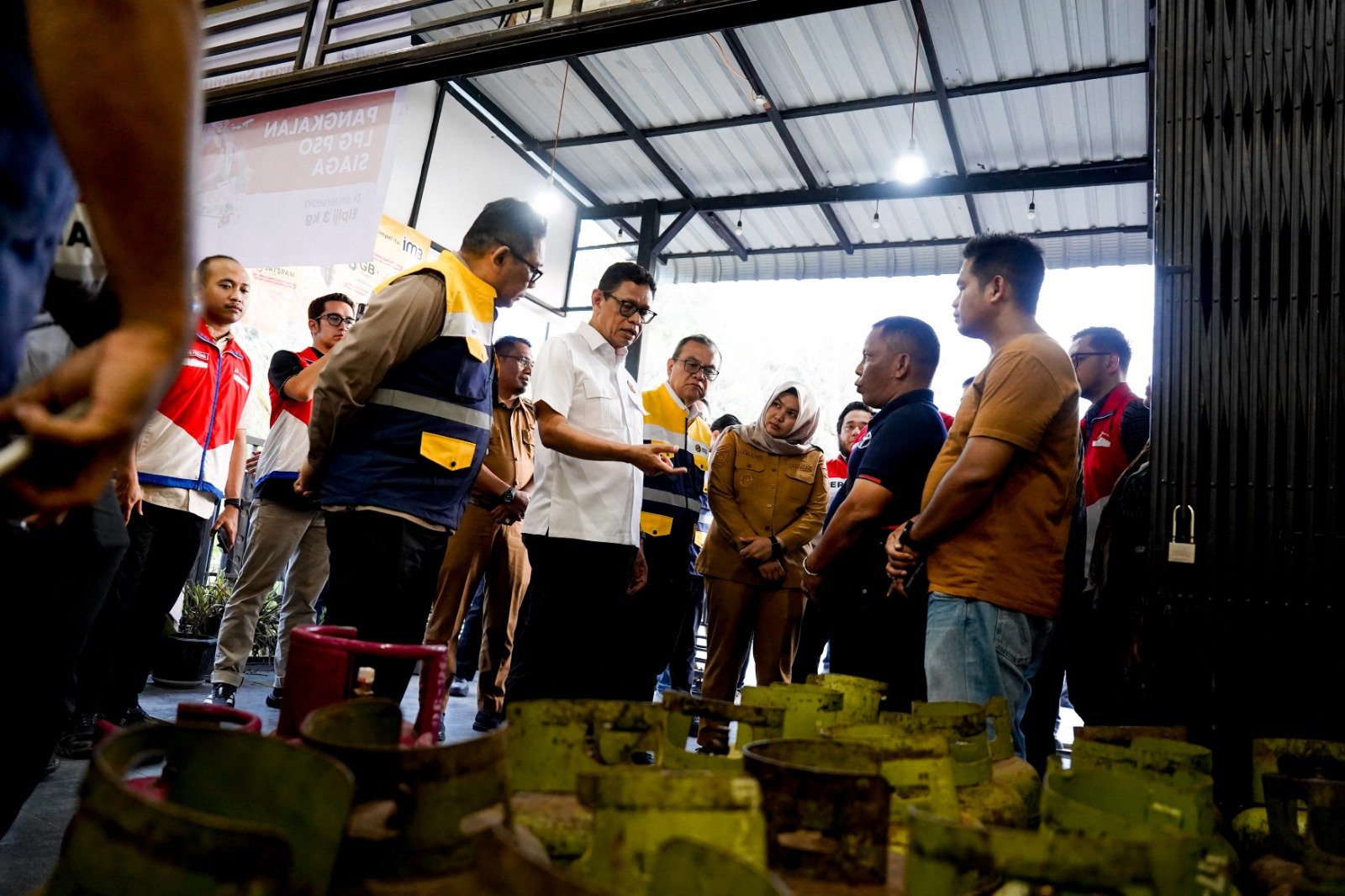Indonesia to Optimize Clean Energy to Meet Electricity Demands and Reach NZE
MINISTRY OF ENERGY AND MINERAL RESOURCES
REPUBLIC OF INDONESIA
PRESS RELEASE
NUMBER: 334.Pers/04/SJI/2021
Date: 20 September 2021
Indonesia to Optimize Clean Energy to Meet Electricity Demands and Reach NZE
Indonesia's electricity demands in 2060 are projected at 1,885 Terawatt Hour (TWh), with 1,728 TWh of the demands come from PLN and about 157 TWh from non-PLN, Minister of Energy and Mineral Resources (EMR), Arifin Tasrif, has said during a webinar titled The Fourth Indonesia Energy Transition Dialogue 2021: "Reaching Deep Decarbonization by 2050: Set the Target, Mobilize Action, and Achieve Zero Emission". The electricity consumption is projected to reach more than 5,000 KWh per capita in 2060, continued Arifin.
"To meet these energy needs and achieve NZE (Net Zero Emission), we've mapped out the policy to implement, namely, the phasing out of coal-fired power plants, massive development of new, renewable energy, and the development of an Indonesia's supergrid as well as energy conservation," said Arifin.
Arifin went on to say that new, renewable energy power plants would supply 635 Gigawatt (GW) of the 1,885 TWh demands in 2060. In the next 10 years, or in 2031, the capacity of Variable Renewable Energy (VRE) will be massively increased.
"In addition, the utilization of geothermal and hydro energy will be optimized to maintain system balance. To maintain system reliability, we will use reliable technologies, such as storage and nuclear power plants," continued Arifin.
Electrical energy is projected to dominate the final energy demand in 2060, at 365 MTOE. New, renewable energy power plants can optimally meet these energy needs if they are supported by the interconnection of a supergrid. The supergrid allows distribution of electric power, by connecting the demand with the new, renewable resources between large islands.
"The supergrid is expected to overcome the imbalanced availability of the local new, renewable energy resources, and reduce the intermittency of VRE plants. We invite the participation of all stakeholders and the private sector," Arifin concluded.
The projection of the Ministry of EMR reveals that by implementing the main policies towards Net Zero Emission (NZE), the energy sector will contribute to reducing emissions by 1,526 million tonnes of CO2. (IY)
Head of Bureau of Communication, Public Information Services, and Cooperation
Agung
Pribadi (08112213555)
Share This!






